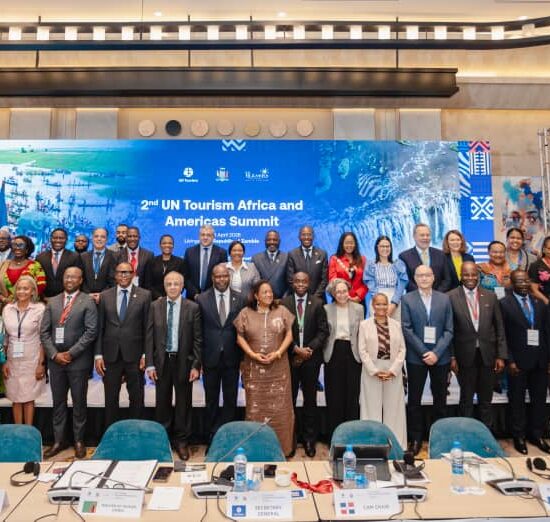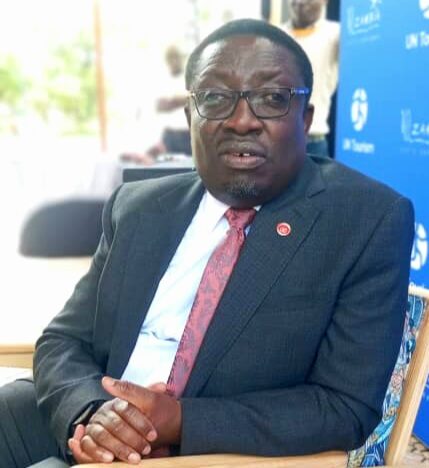
Transport Permanent Secretary – PS Misheck Lungu has disclosed that government still has plans to introduce electric trains in the Railway sub-sector in Zambia once the energy sector has stabilized power supply.
But when one looks at how the railway sector is progressing, the sense of urgency to get the Railway system working seems to have evaporated following the departure of Former Zambia Railways Chief Executive Officer Professor Clive Chirwa.
Prof Chirwa had in February 2013 unveiled plans to construct a US$1.5 billion train system in Zambia with an underground electric train rail line for passenger trains in Lusaka to decongest traffic in the City. The designs were meant to revamp the Zambian railway sector and turn it into a 21st century railway system that was modern and profitable. The initial US$120 million Euro bond funds availed to ZR were to be used as seeding capital to attract the financiers for the full project cost of US$1.5 billion.
Prof Chirwa had stated upon departure as CEO that Zambia Railways divided the project into four phases namely: Phase I – Rehabilitation of the existing infrastructure along the main line and the inter-mines; Phase II – construction of the second line parallel to the existing line from Chingola to Livingstone, electrification and the sinking of Lusaka station 1.3 km distance; Phase III – construction of railway line to connect Mpulungu port in the north to TAZARA at Mpika and beyond to Chipata line; and Phase IV – The connection of mulobezi line to the new bridge at Kazungula connecting Zambia and Botswana.
Then Engineering Institute of Zambia (EIZ) President Bernard Chiwala had backed the plans saying that it was technically possible to create an underground rail line in Lusaka stating that Zambia has the knowledge, experience and expertise in creating and managing underground rail tunnels if expertise from underground mines on the Copperbelt were utilized.
And Ministry of Transport PS Misheck Lungu told the Zambian Business Times – ZBT on June 12 2020 in an exclusive interview that there is space for electric trains in the sub-sector although it calls for sustainable power supply as the current status of load shedding is a hindrance to this kind of development.
He said apart from heavily depending on ZESCO, the open electricity access framework has now given an opportunity to the private sector to invest in energy and ensure access of power is available at all costs.
“We do have the ambition to bring electric trains in our transport sector but imagine this happened at a time the country is being faced with issues of load shedding, the trains would be stopping each time we run out of power and this becomes poor planning, therefore there is need to look at the growth of the energy sector before we further expand the power demand and utilization through electric rail way system,” He said.
He added that the ministry is also proposing to amend the Railway Act to attract investment from the private sector as the current legislation only gives sole mandate to the government to drive the development Railway system which should not be the case, amended legislation should allow the private sector to invest to enable a quicker pace of growth.
Lungu further disclosed that feasibility studies have been conducted on how to provide Railway connectivity to many places but that the challenge has been on finding an investor and funding.
He said other factors to be considered are the market and the numbers of people if the Railway passenger system is to be improved adding that it is government’s hope that growth in population and urbanization will definitely call for this kind of development.
However, a check on earlier statements released by Chief Government Spokesperson Dora Siliya by ZBT revealed that Cabinet has already approved in principle the introduction of a bill in parliament to repeal and replace the Railways Act, Cap. 453 of 1984 in order to reform the rail transport sub-sector.
Introduction of an efficient and effective transport system in Zambia is seen as a needed catalyst to countrywide economic development. Most industrialized countries have functional railways systems which have also seen frontier African countries such as South Africa, Ethiopia and Kenya revamp and electricity their railway systems.







